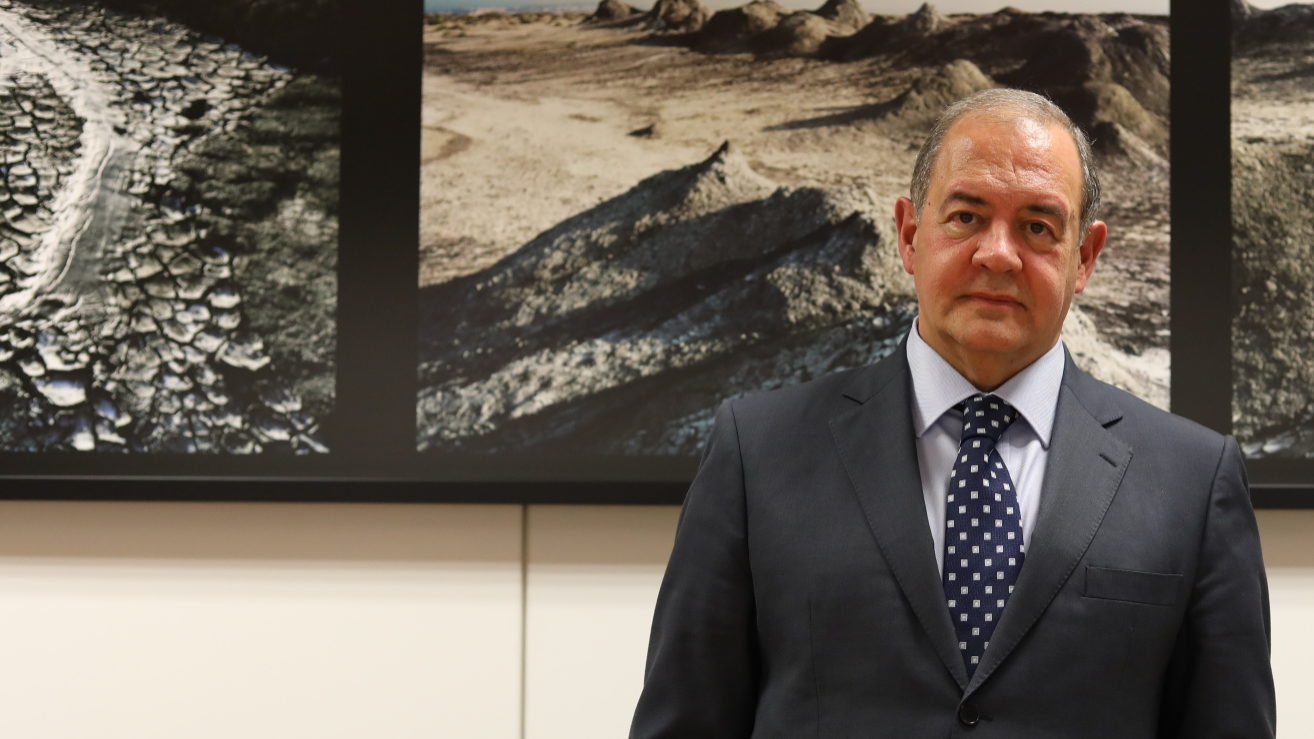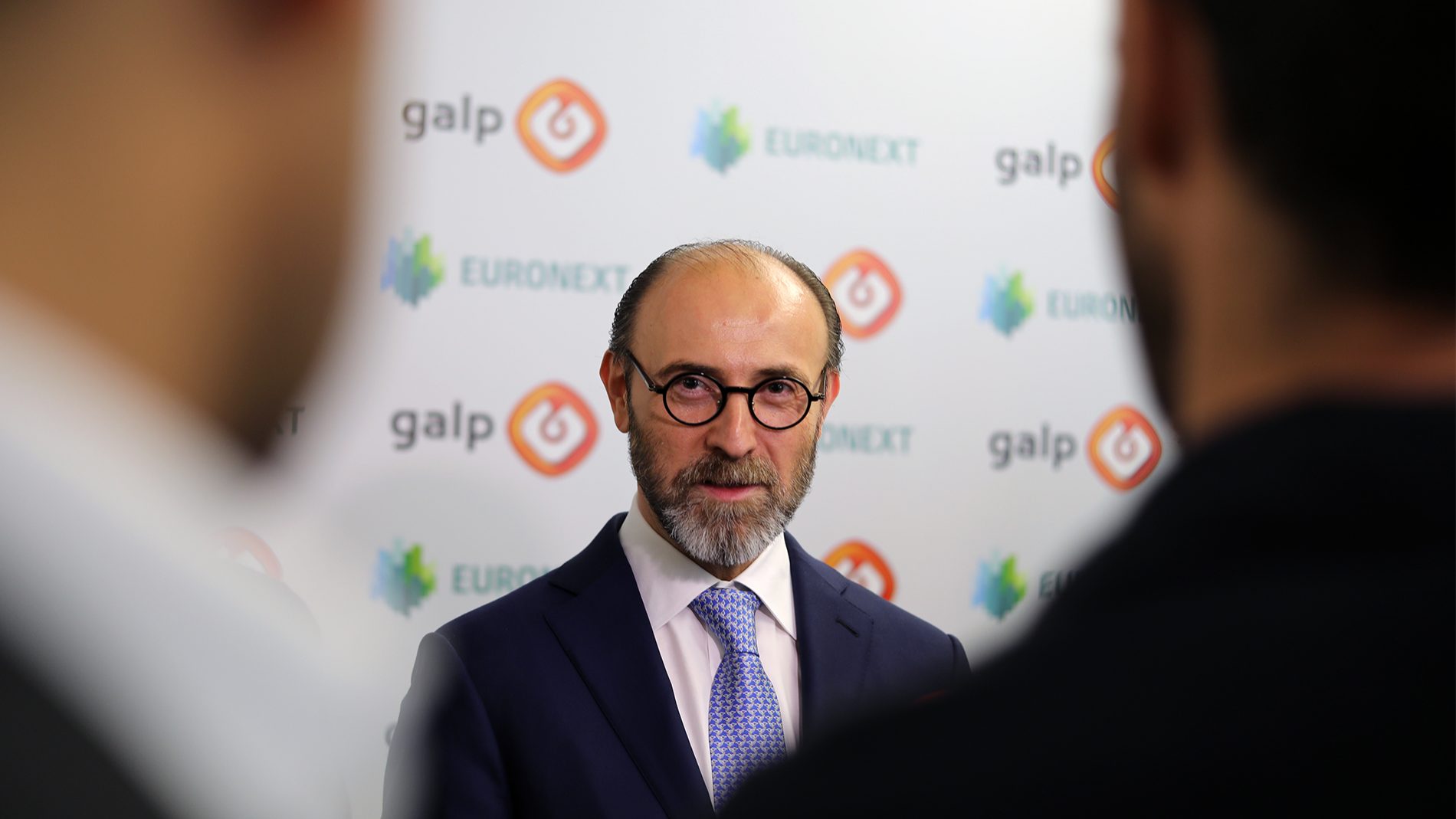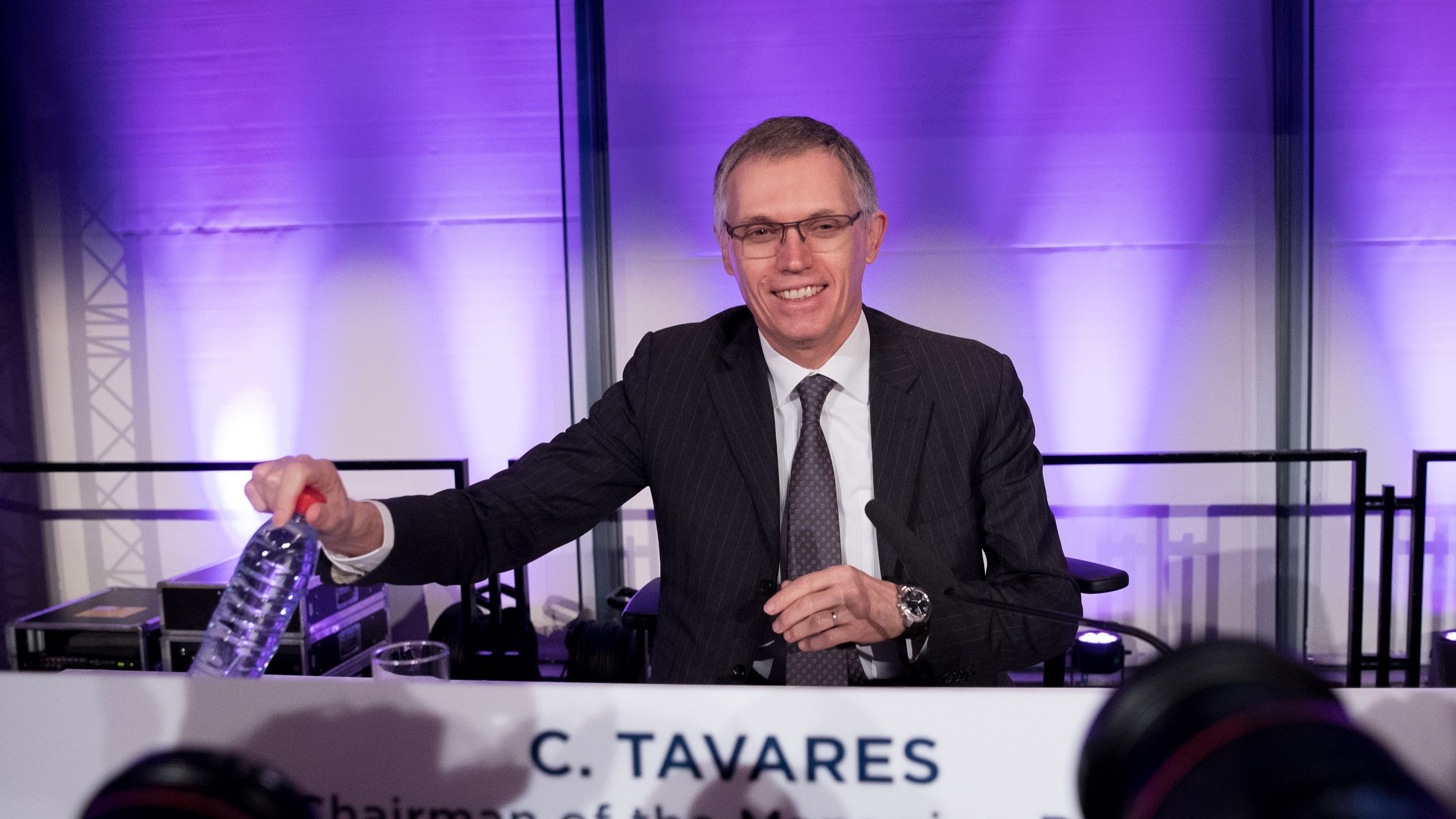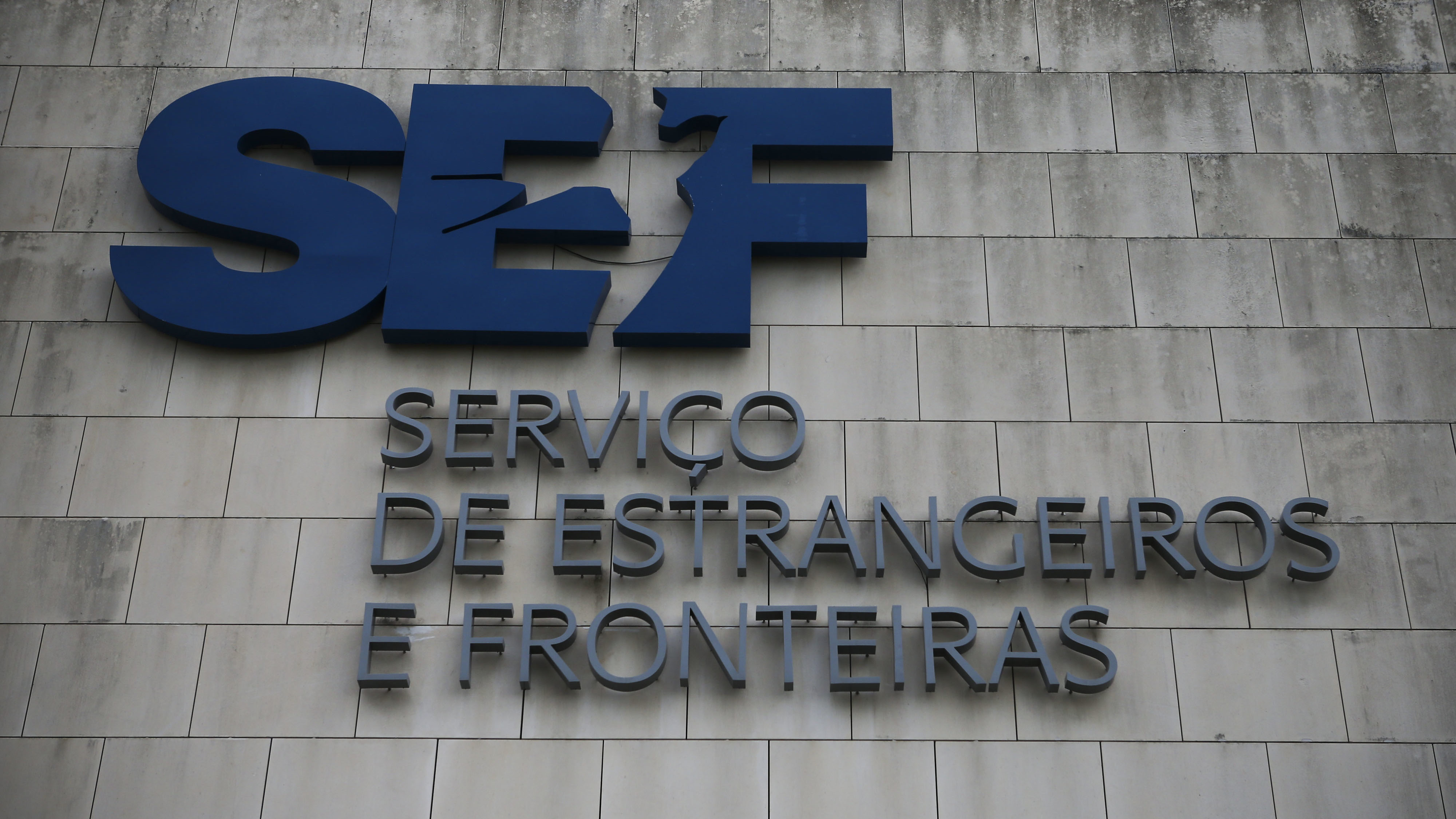Partex president: “We decided to stop investing in Portugal”
António Costa Silva says that Partex, the oil company that Gulbenkian wants to sell, decided "to stop investing in Portugal".
Portugal “has a very weak strategic intelligence, does not think a lot and is absorbed by the short term”. The criticism was made by António Costa Silva, president of Partex, the oil company Gulbenkian is trying to sell. In an interview to the Portuguese newspaper Público, the manager acknowledges that this Government “has been doing a lot of positive things in reducing the deficit, controlling public finance and decreasing unemployment”, but is promoted by a “very erratic energy policy”.
“We live in a country that has a very weak strategic intelligence, thinks very little and is absorbed by the short term”, stated António Costa Silva. “Unfortunately, our country does not do a lot of planning and does not think of the future, it does not properly consider its endogenous resources. It is clear that a lot has been made, and I think this Government has made a lot of positive things in reducing the deficit, controlling public finance and decreasing unemployment, but we need a lot more”, he adds.
On Portugal’s strategy for the energy sector, António Costa Silva states there is a “very erratic energy policy, because it stands against the gas project for the Algarve [in which Partex partnered with Repsol], which ended up closing, and it also stands against renewable energies. Therefore, although it may raise political dividends, it is very populist and that is why the country does not move forward”.
The Government decided, on the end of 2016, to terminate the contracts of prospect and exploitation of oil in the Algarve, both with Portfuel and with the consortium Repsol-Partex. This decision made Partex drive away from the country, according to António Costa Silva. “We just decided not to invest in Portugal anymore, it is pointless”, he highlights, recalling the project of oil exploitation started out by moving forward with the previous Government, with Álvaro Santos Silva as Economy minister, who “understood very well that the country was in need of a re-industrialization”.
With this Government, the president points out, “we moved to the opposite cycle”. “Now, the governance goes according to what mayors say and what the public thinks, without a clear vision of the importance the project in the Algarve could have”.




